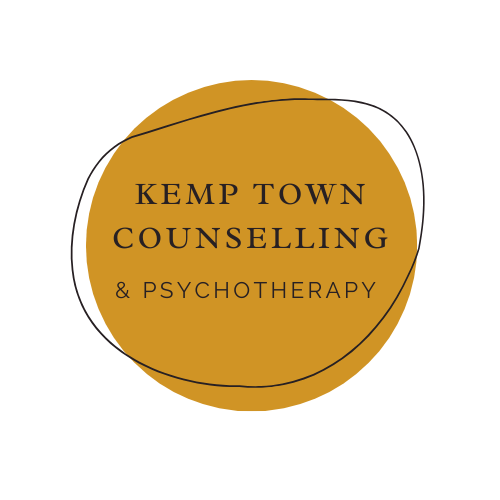“Do I need therapy? Can counselling help me?”
When new clients meet me for the first time, there are common questions asked or concerns raised - “Do I need therapy?” and “Can counselling help?”
They’re difficult questions to answer as people seek therapy for many different reasons. It could be making a decision about a career change or relationship, suicidal ideation, a recent bereavement, substance use, traumatic event, life event or depression. All are valid reasons to reach out for support. The reasons above aren’t exhaustive, some clients come as a preventative method to avoid relapse or find new ways of being once they find themselves in a grounded space and ready to implement changes. In that first session, I don’t feel it’s my role to ‘talk you into’ therapy, as the desire to explore, understand and move towards growth can only come from within. It sounds like a cliché but it’s true (Have you ever managed to get someone to do something by forcing them to and then they’ve thanked you afterwards?). I often ponder whether the ‘need’ is in fact a ‘want’.
“Do you want to have therapy?”
Considering what it is that’s prompted you to reach out can help with your decision making process. Is it something you feel you could speak with family, friends or colleagues with? In the case where what has happened, or happening, to you feels like something you can’t or don’t want to share with friends, family or partners, or that they wouldn’t understand, then I would suggest considering seeing a therapist for help. Emotional distress and mental wellbeing is vastly improved when discussed with a qualified professional, as we offer an unbiased experience - this is why I consider the therapeutic relationship is key in achieving desired changes or shifts in awareness.
“Can therapy help me?”
All too often, people dismiss or discount their own experiences by comparing them to others. This comparison of your life not being as bad as others creates a hierarchal thinking - that there are others more or less deserving than you. The therapeutic relationship helps in constructing a more horizontal thinking in that nobody is more or less worthy of help. People may believe that their problems aren’t ‘big enough’ or ‘serious enough’ to seek help, which could be a belief generated in childhood in order to make sense of the world by minimising their experience to reduce pain or avoid conflict. Therapy can, and often does, help. Hearing yourself discuss your concerns aloud and it be witnessed by an impartial party (your therapist) facilitates noticing patterns of behaviour, understanding which emotional responses you have (and even why) and alleviating distress.
As a therapist I will spend time getting to know you - your concerns, who is important in your life, your dreams and aspirations. Through our relationship, we’ll work on the basis of a ‘stroke and a kick’. When you need me to offer you comfort or a state of empathy, I’ll do that. And when you need me to challenge you (the kick), then I’ll also do that too. I won’t diagnose or analyse you. When a client enters the therapy room, I have a genuine curiosity about how we might grow and develop our understanding of your situation. I don’t offer ‘tricks’ or psychological games. The idea of being with someone who is authentic and focussed solely on you can feel like it isn’t potent or powerful enough. In the modern era, we appear to have become focussed on the medicalisation of distress. Therapy puts the humanity back into the human relationship where connection and understanding are fundamental to healing. It’s having someone alongside you whilst you navigate life rather than someone offering advice or instruction.
So the short answer is, I can’t tell you whether or not you need therapy. That decision is for you to make. I can tell you that many people do find therapy promotes change, enhances their confidence, motivation and/or zest for life by offering an authentic relationship where every aspect of you and your story are invited.


